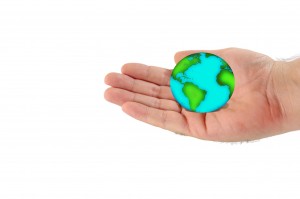 Psychology Today reports on the variance of emotional landscapes in divergent countries.
Psychology Today reports on the variance of emotional landscapes in divergent countries.
The article is taken from a first hand experience and focuses on the difference in “anger” between varying cultures.
The writer was trying to answer for himself the question, “Is anger an innate human emotion, an evolutionarily hardwired part of our behavioral repertoire? Or is anger a subroutine of our cultural programming, acquired without awareness?”
So what were his findings?
Initially he found, The Expression of Emotion in Man and Animals, written by Charles Darwin in 1872. From that book he learned that anger is universal among humans and has its precursors in the expressions of primates.
“Under moderate anger the action of the heart is a little increased, the colour heightened, and the eyes become bright,” he wrote. “The respiration is likewise a little hurried; and as all muscles for this function act in association, the wings of the nostrils are somewhat raised to allow of a free indraught of air.”
The physiological responses of anger are increased heart rate, blood pressure, respiration, and blood flow to the limbs. Angry people, whether in Canada or Tokyo, lower their brows, glare intensely with their eyes, and tighten their lips.
So, we now know that the physical experience of anger is the same across cultures but that leaves the more pertinent question, “why different cultures have different cultural triggers when expressing anger?” Well, the answer lies in the divergent values between cultures.
It was this question that led him to Dr. David Matsumoto and his 2008 study, which examined the relationship between emotional expression and cultural values. More than 5,000 people in 32 countries were surveyed in this study.
Anger is biologically hardwired yet culturally variable. It is a vestige of our evolutionary past, yet also part of our cultural present. This is why understanding divergent cultures is so important in our global society.
Matsumoto and his colleagues found that, in individualistic societies such as the United States personal goals and self-sufficiency are highly valued; therefore, making new acquaintances is seen as a good thing. Individualists tend to control their anger when interacting with people outside their immediate circle but express anger fully toward close friends and relatives.
In collectivistic cultures such as Japan relationships and group goals are highly valued. Harmonious relationships with the in-group are far more important than networking with strangers, so people strive to exercise emotional control within their close social circle.